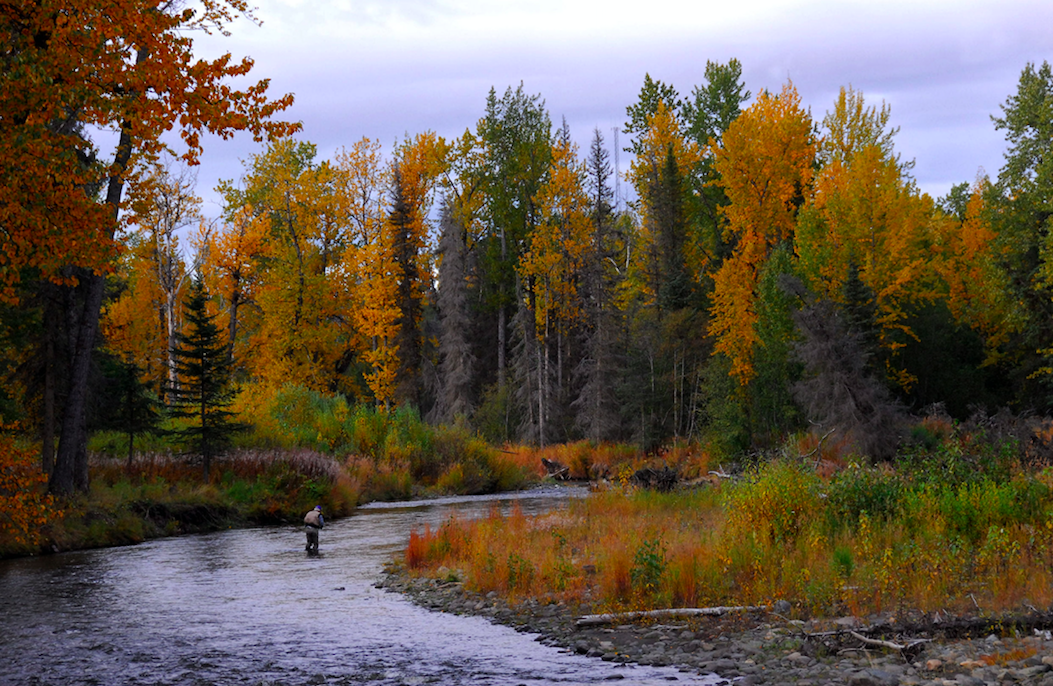PERSONAL USE FISHERY WOULD HAVE HIGHEST PRIORITY
The Kenai River Sportsfishing Association is asking the Board of Fisheries to prioritize the food needs of Alaskans over commercial fishing interests, when allocating Alaska’s seafood resources.
With 15 percent of people on the Kenai experiencing food insecurity or actual hunger, the group says its time to make personal use fishing the highest priority among the competing interests in non-subsistence fisheries.
The group made Proposal 171 in advance of the fish board’s March meeting. KRSA argues that allocation of seafood resources are too aligned with the historical use of the resource, and that fish management requires the board adapt to ongoing conditions “to ensure they are relevant to current conditions and needs.”
When allocating fishery resources that are in non-subsistence use areas, KRSA says the board should consider:
- The importance of each fishery for providing residents the opportunity to harvest fish for personal and family consumption.
- The number of residents and nonresidents who have participated in each fishery in the past and the number of residents and nonresidents who can reasonably be expected to participate in the future.
- The importance of each fishery to the economy of the region and local area in which the fishery is located;
- The importance of each fishery to the economy of the state;
- The history of each personal use, sport, guided sport, and commercial fishery with emphasis on the previous 20 years.
- The importance of each fishery in providing recreational opportunities for residents and nonresidents.
- The availability of alternative fisheries resources of similar characteristics.
Sec. 16.05.251 currently says that the Board of Fisheries “may allocate fishery resources among personal use, sport, guided sport, and commercial fisheries. The board shall adopt criteria for the allocation of fishery resources and shall use the criteria as appropriate to particular allocation decisions. The criteria may include factors such as:
(1) The history of each personal use, sport, guided sport, and commercial fishery;
(2) The number of residents and nonresidents who have participated in each fishery in the past and the number of residents and nonresidents who can reasonably be expected to participate in the future;
(3) The importance of each fishery for providing residents the opportunity to obtain fish for personal and family consumption;
(4) The availability of alternative fisheries resources;
(5) The importance of each fishery to the economy of the state; Rev. Jan. 2018
(6) The importance of each fishery to the economy of the region and local area in which the fishery is located;
(7) The importance of each fishery in providing recreational opportunities for residents and nonresidents.
Using the current allocation criteria, KRSA says that 98 percent of Alaska’s fish are exported for use by non-Alaskans, while just one percent is harvested for subsistence in rural areas of the state and the remaining one percent is split between the resident-only personal use and sport fisheries for residents and non-residents.
Annually, some 6 billion pounds of seafood is exported to feed people elsewhere in the world, KRSA says
KRSA submitted to the board Proposal 171, which ranks the 7 allocation criteria now used by the BOF and would require as the highest priority the importance of each fishery for providing residents the opportunity to harvest fish for personal and family consumption.
The Board of Fisheries meets March 8-12 in Anchorage.
